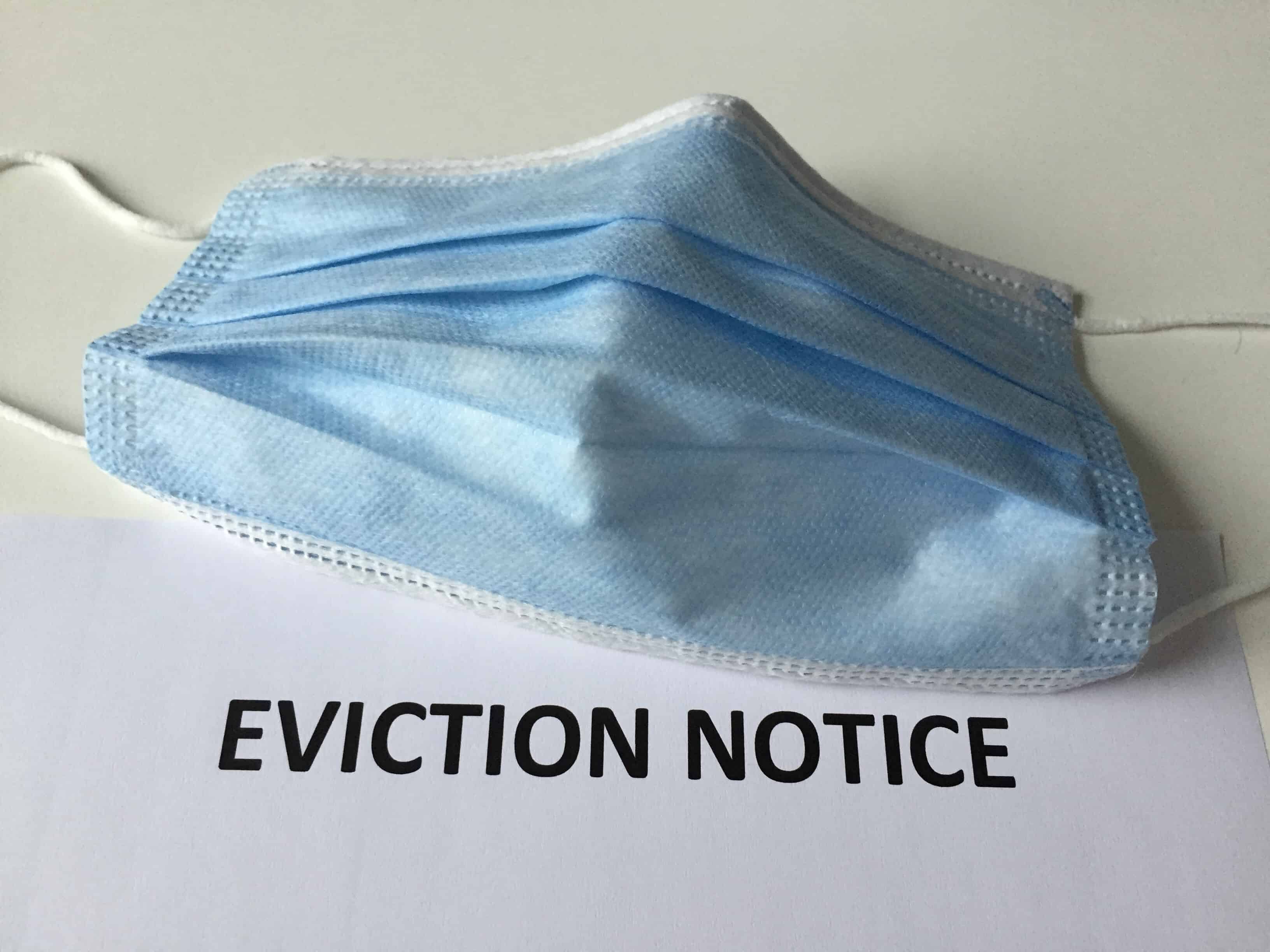Introduced at the start of the pandemic to protect tenants from eviction, the extended notice periods for residential tenancies, in both public and private rented sectors, will expire on 30th March 2022, the Scottish Government has announced.
This means that the provision in the Coronavirus Recovery and Reform (Scotland) Bill to extend the notice periods for eviction to 30th September 2022 will not go ahead and from 31st March 2022 the notice periods will revert back to pre-pandemic requirements.
Landlords who have already served a notice to terminate the tenancy will be prevented from withdrawal or serving a new notice on the same eviction ground after 30th March. Only if a different ground for eviction is used, landlords will be able to issue a fresh notice with a shorter notice period.
Eviction grounds to remain discretionary
Whilst the government’s move to scrap the longer notice periods is welcomed, the decision to maintain all eviction grounds discretionary (with the view of making permanent the requirement for the First-tier Tribunal to decide whether it is ‘reasonable’ to grant an eviction order, even if the ground is proved), is not justifiable according to Daryl McIntosh, Policy Manager for Propertymark. He based his view on a survey’s results where 77% of respondents opposed this move when it was consulted on last year.
Mr McIntosh said: “The return to pre-pandemic notice periods is welcome, if overdue, but the continuation of discretionary grounds for possession simply highlights the Scottish Government’s wilful and continued disregard of the value of the private rented sector.”
He added: “It is unclear what – if any − evidence the Scottish Government has analysed to consider the removal of mandatory grounds for possession warranted.”
Mr McIntosh pointed out that all eviction grounds were made discretionary during the pandemic in order to address the possibility of increases in rent arrears, homelessness and unemployment, however, those fears had not materialised and maintaining this provision in place could have a detrimental effect on the Scottish private rented sector.
“Continuing to enforce restrictive legislation on private landlords at a time when the rest of society is returning to pre-pandemic ways of living and working is unacceptable, and the long-term outcomes of such intervention are likely to prove extremely damaging for the sector,” said Mr McIntosh.











